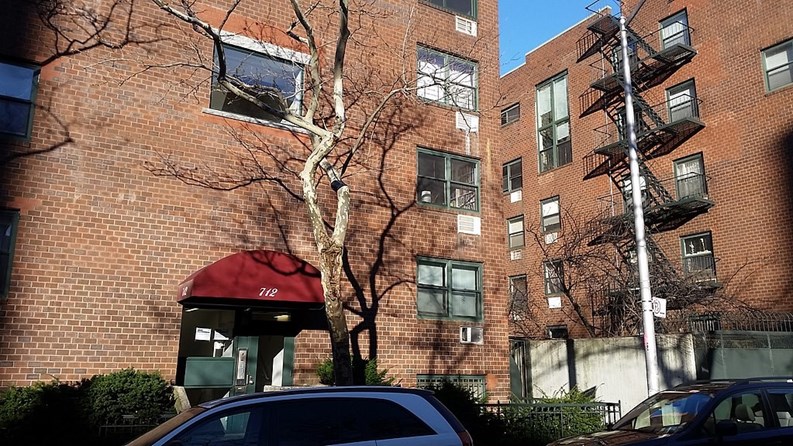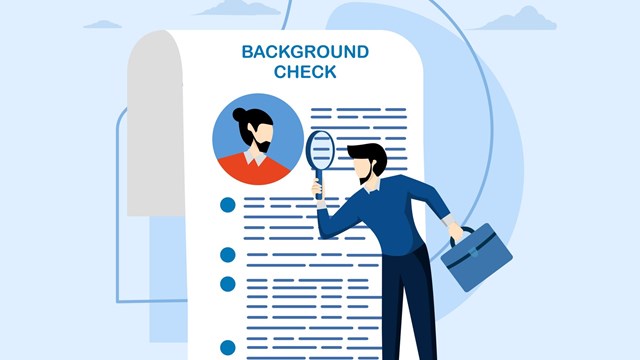According to a June 8 press release from Manhattan-based law firm Nixon Peabody, the firm represented West Village Houses on its conversion from a Housing Development Fund Corporation (HDFC) to a free-market cooperative. The release notes that this is the first New York City HDFC co-op to undergo the process of ‘reconstitution.’
The release quotes Maggie Piscane, a lifelong resident of West Village Houses who now serves as president of its board, and who saw the co-op through the reconstitution process. She says that she is “proud to have worked with so many others to make this new dream a reality.” Having grown up in the complex with neighbors who also still live there, Piscane regards her fellow tenants as family and says she “can attest firsthand to how special this community is.”
Born out of urbanist Jane Jacobs’ dream to preserve the unique neighborhoods of New York City in the 1960s and 1970s, as Piscane indicates, West Village Houses is a 42-building housing complex with 418 apartments located in the West Village neighborhood of Manhattan. It was originally built in the 1970s as a rental complex under the state’s Mitchell-Lama affordable housing program. In the early 2000s, when the complex was eligible to go market-rate, the tenants negotiated an agreement with the City allowing them to purchase their homes in exchange for operating the complex as affordable housing under HDFC for an additional 12 years.
The agreement allowed the complex to receive 12 years of reduced property taxes, as well as a forbearance on paying back the full balance of the original landlord’s mortgage to the city. During that 12-year period, resale prices were capped as well. When the HDFC co-op conversion was complete in April 2006, a majority of the original tenants were able to buy their homes in the price range of $125,000 to $350,000.
At the expiration of the tax exemption and resale price limits in 2018, shareholders were eligible to cease operating as an HDFC. As the press release notes, such a process was actually contemplated as part of the original tenant-sponsored co-op conversion. The board of directors then engaged Nixon Peabody to assist with preparing a reconstitution plan and to advise shareholders about how to decide whether to become a free-market co-op.
According to its release, Nixon Peabody and the board of directors held more than a dozen workshops with the shareholder community before they undertook the vote to reconstitute. When the board presented the plan of reconstitution to the shareholders in October 2019, the vast majority—more than 90%—voted in favor of becoming a free-market co-op, the release indicates.
Nixon Peabody asserts that every member of the firm’s Cooperatives & Condominiums team played a role in one way or another on the transaction, which was led by Erica F. Buckley, leader of the practice team, and Ruben Ravago, counsel in Affordable Housing & Real Estate.
“This is one of the most unique deals I have encountered during my career,” says Buckley. “Because this was the first HDFC co-op reconstitution in history, we faced unprecedented questions. To top it off, we finalized major aspects of the transaction during the pandemic.
“Before the quarantine, we were meeting with shareholders in person eight hours a day,” Buckley continues. “When the quarantine took effect, we rolled up our sleeves, adapted, and went virtual. At one point, we had to have over 900 shareholder documents notarized—socially distanced, of course—all in one day."










Leave a Comment